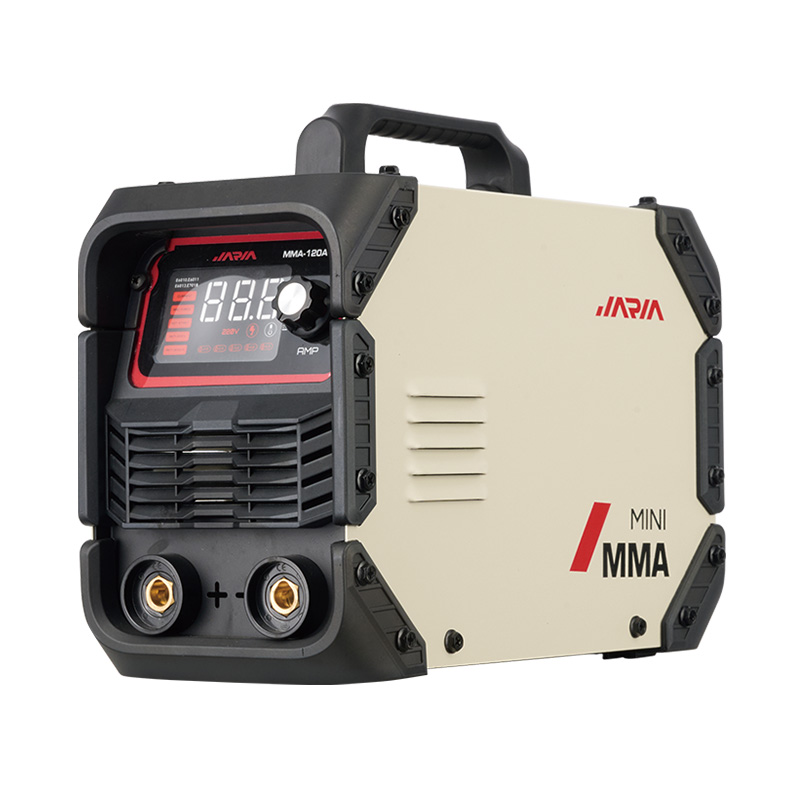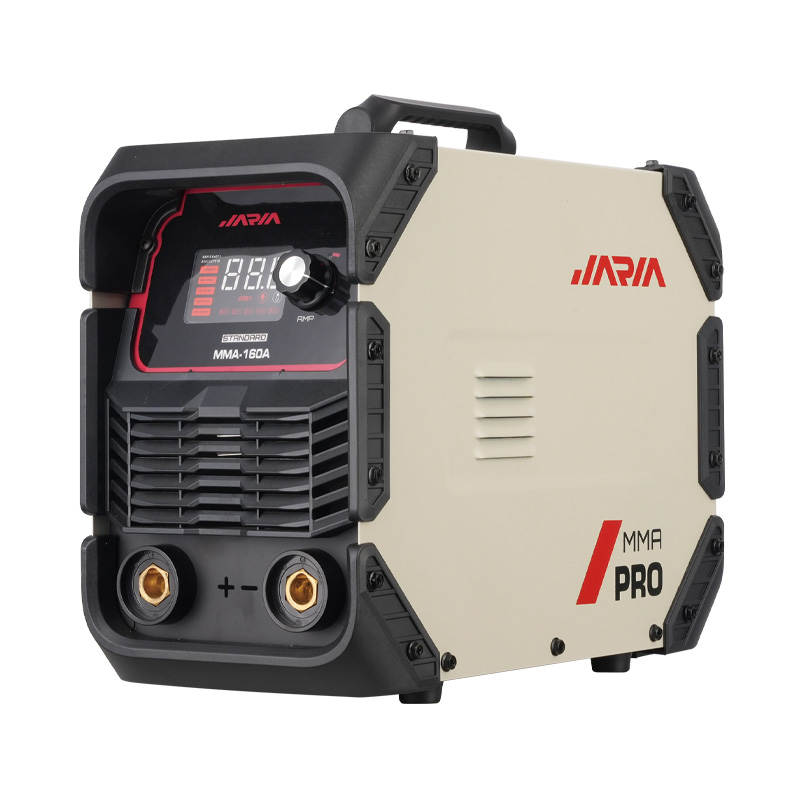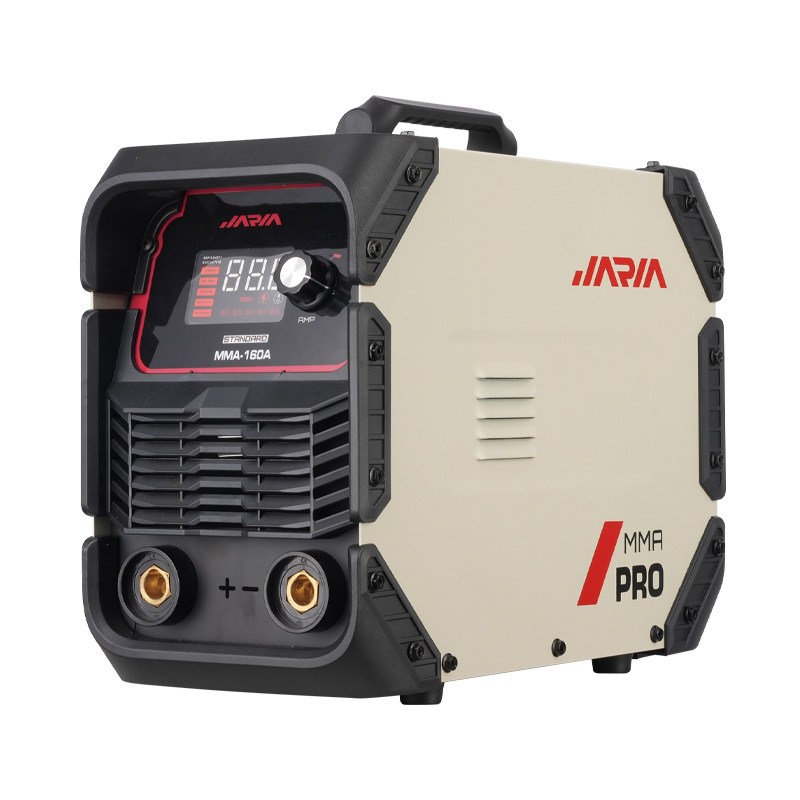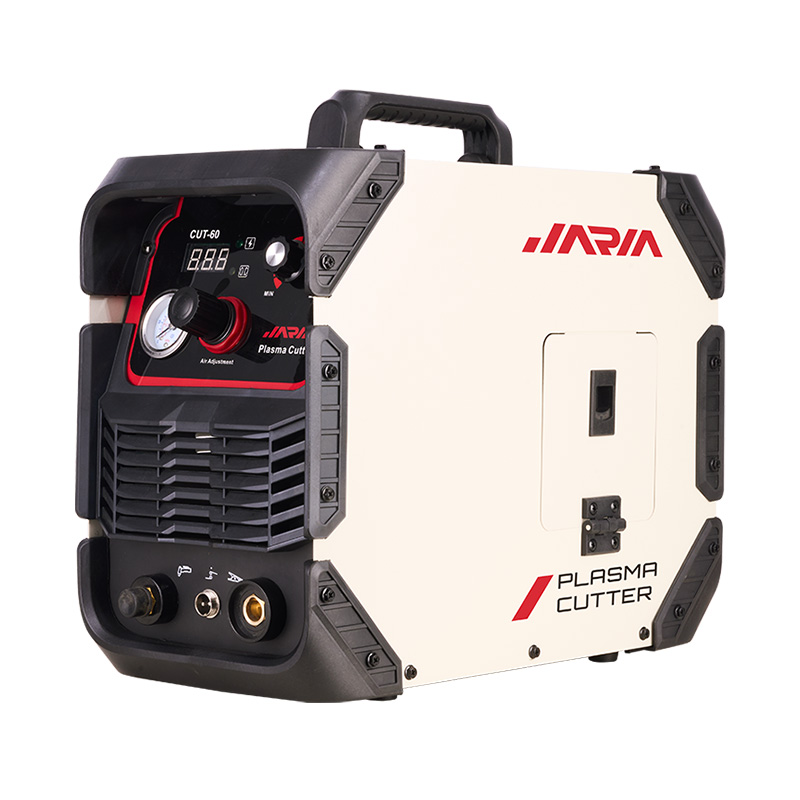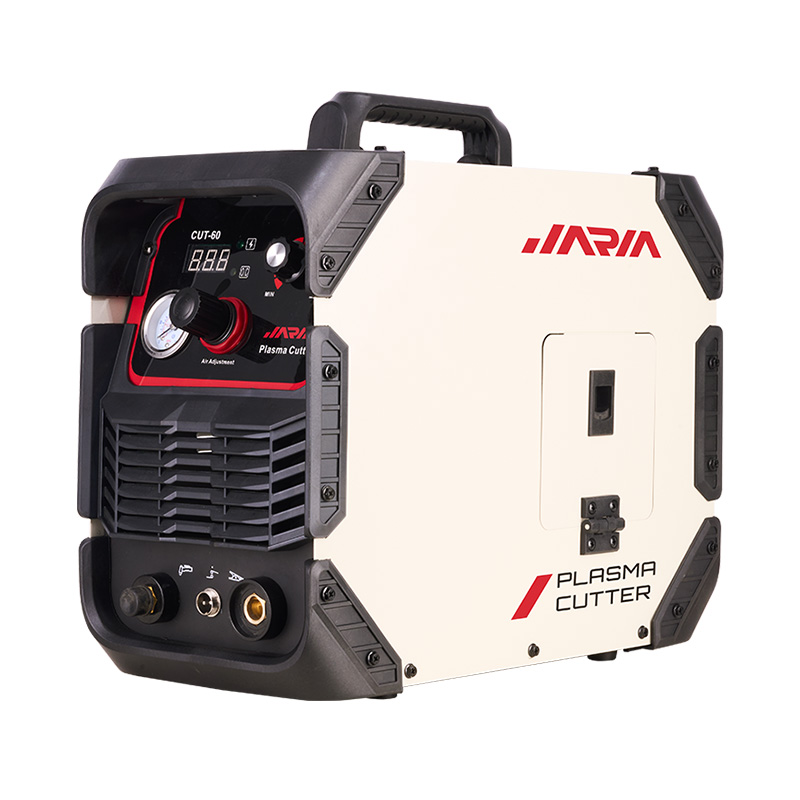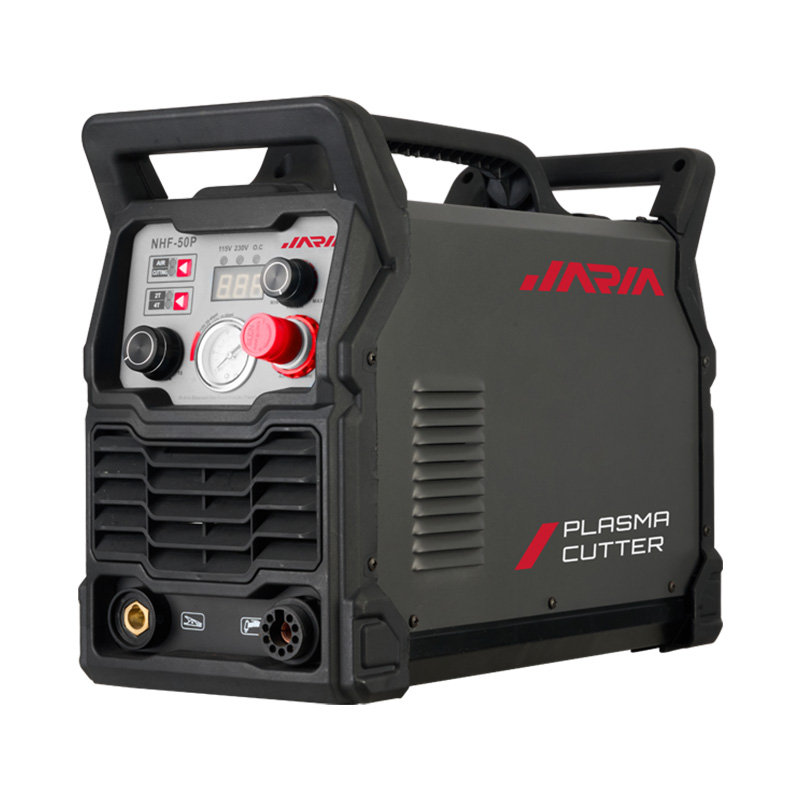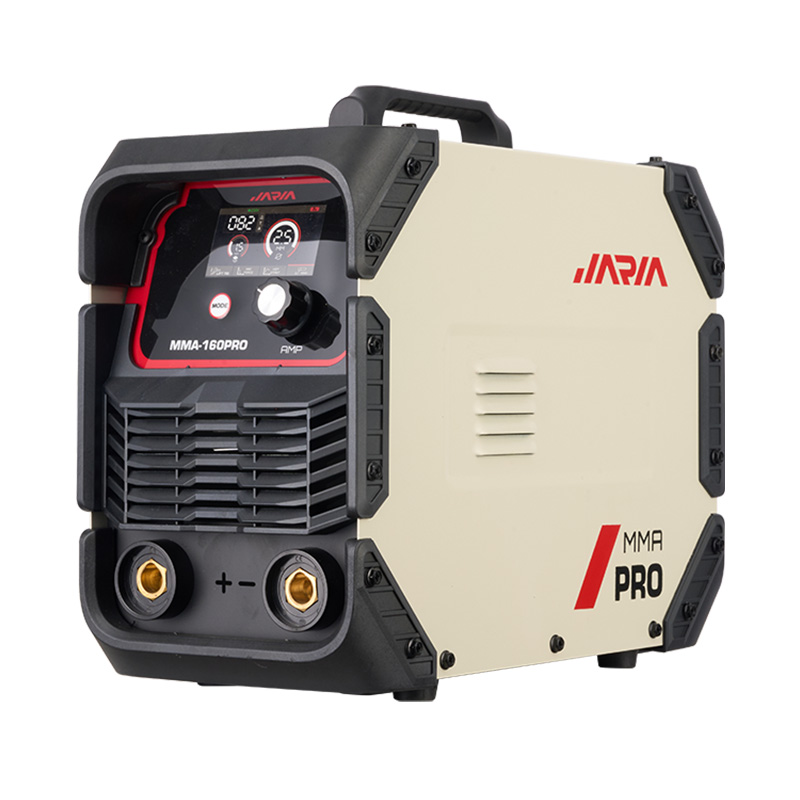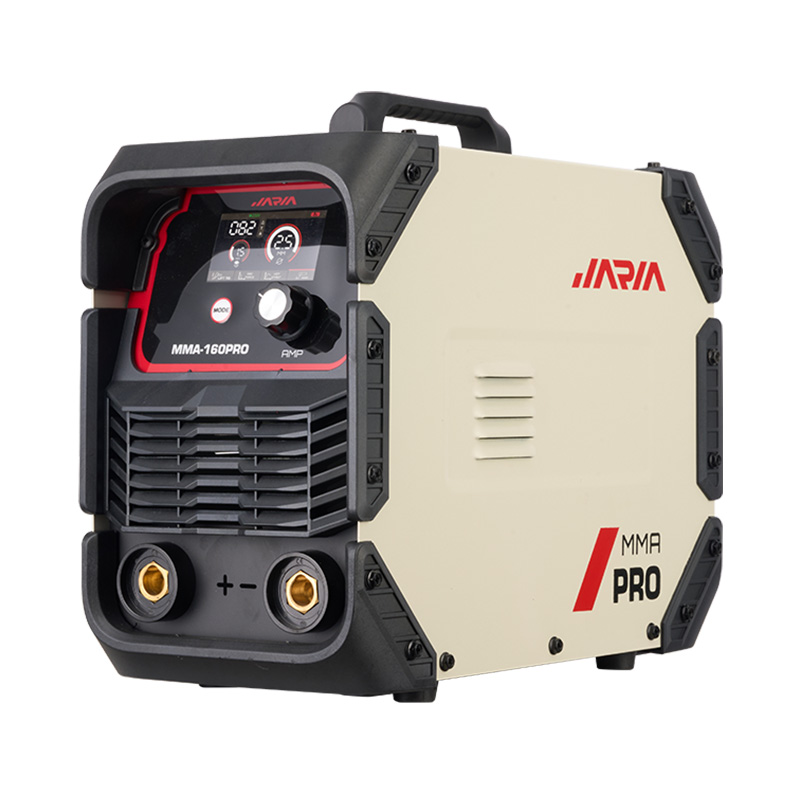Welding machines have become an essential tool for numerous industries, from construction to automotive. With their advanced technology and capabilities, these machines provide efficient and precise welding solutions. In this article, we will explore how welding machines have transformed the welding industry.
The Evolution of Welding Machines
Over the years, welding machines have evolved significantly. From cumbersome and bulky machines to portable and lightweight equipment, the advancements have made welding tasks much more manageable. Modern welding machines offer a wide range of features that enhance productivity and deliver better weld quality.
Improved Efficiency
One of the significant advantages of welding machines is their ability to increase efficiency in welding tasks. These machines provide consistent and controlled heat, resulting in faster and stronger welds. The precise control of the welding parameters ensures minimal material wastage and reduced rework, saving both time and money for welders and businesses.
Versatility in Welding Techniques
Welding machines offer a vast array of techniques that cater to different welding requirements. Whether it's arc welding TIG welding, MIG welding, or even plasma cutting, these machines can handle various welding processes with ease. This versatility allows welders to adapt to different materials, thicknesses, and project complexities efficiently.
Enhanced Safety Features
Safety is a top priority in any welding process, and welding machines have integrated advanced safety features to protect the welder. Machine welding setups include features such as overload protection, voltage stabilization, and thermal overload protection. These features not only ensure the safety of the welder but also prevent damage to the equipment and workpieces.
Improved Precision and Quality
Leveraging advanced technology, welding machines provide precise control over welding parameters, resulting in high-quality welds. With features like digital displays and adjustable settings, welders can closely monitor and adjust parameters such as voltage, current, and wire feed speed. This level of control ensures consistent weld quality, minimizing defects and providing aesthetically pleasing results.
Portability and Convenience
Gone are the days when welding machines were heavy and immobile. Today, portable welding machines have made welding tasks much more convenient. From small welding inverters to compact welding generators, these machines offer flexibility in terms of location and transportation. Welders can carry their equipment to different job sites, reducing downtime and increasing productivity.
Energy Efficiency.jpg)
With increasing environmental concerns, energy efficiency has become crucial in welding machines. Modern welding machines are designed to consume less power while delivering better performance. Energy-efficient models not only reduce electricity costs but also minimize carbon footprint, making them more environmentally friendly.
Ease of Use and Accessibility
Welding machines have become more user-friendly, making them accessible to a wider range of users. Clear control interfaces, intuitive settings, and ergonomic designs ensure that even beginners can operate these machines with ease. Additionally, training programs and online resources make learning welding techniques more accessible, allowing individuals to explore welding as a career option.
Conclusion:
Welding machines have undoubtedly transformed the welding experience. With their advanced technology, improved efficiency, versatility in welding techniques, and enhanced safety features, these machines provide welders with the tools they need to excel in their craft. Whether it's for industrial purposes or personal projects, investing in a reliable welding machine can significantly enhance your welding experience and deliver outstanding results.

 英语
英语 西班牙语
西班牙语 阿拉伯语
阿拉伯语